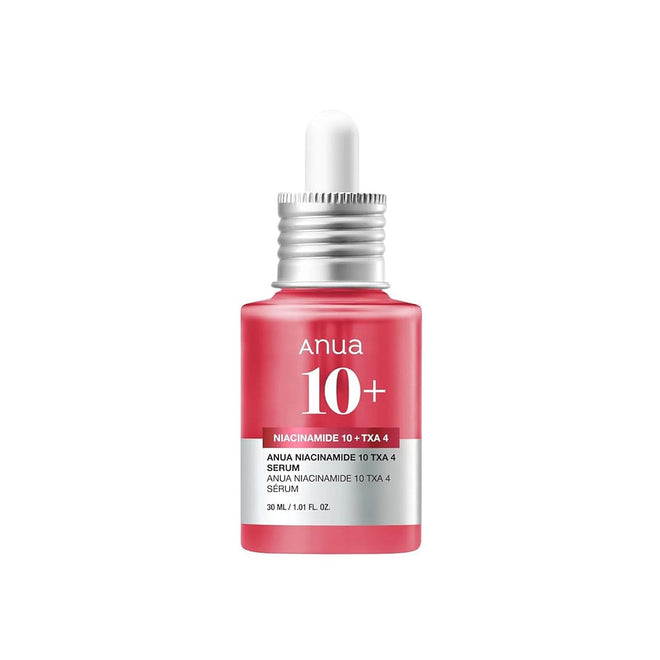Why Food Isn’t Enough Anymore: Smart Supplementation in the Modern Diet
Modern farming and long supply chains can lower micronutrients. Here’s how to bridge the gap.

You’re eating your fruits and veggies. Maybe even organic. So why are vitamin deficiencies still so common? The answer lies in a silent but growing problem: today’s food simply doesn’t have the nutritional punch it used to.
The Decline of Nutrient Density
Over the past 70 years, the nutritional quality of our food has significantly decreased. A 2004 study found notable drops in calcium, iron, and vitamin C compared to the 1950s.
- Soil depletion from intensive farming has stripped essential minerals
- Selective breeding for size, shelf life, and sweetness over nutrition
- Faster crop cycles leave less time for nutrient accumulation

Mass Production vs. Micronutrient Quality
Global food systems prioritize volume and visual appeal. Tomatoes look plump but may be less rich in antioxidants like lycopene; lettuce may grow faster yet offer less folate than decades ago.
UAE context: Much produce is imported and often harvested early for transport. This lag can reduce sensitive nutrients—especially vitamin C and B-complex—before food reaches your plate.

Why It Matters for Your Health
Long-term, even minor deficiencies can contribute to chronic disease, weakened immunity, and premature aging.
What You Can Do About It
- Eat seasonal and local whenever possible
- Store produce properly and avoid overcooking
- Boost with supplements that fill common nutritional gaps
Smart Supplements to Consider

Daily coverage for common micronutrient gaps.
Shop now
Tailored formulas by age and gender.
Shop nowThe Takeaway
Even with the best diet, our modern food system makes it harder to get all the nutrients we need from food alone. You need to eat more of certain food to get the nutrients you used to get back in the day. That’s not a reason to panic, just a reason to be proactive. Supplements can bridge the gap, keeping your body resilient, your energy stable, and your wellbeing on track.
References
- Davis DR, Epp MD, Riordan HD. "Changes in USDA food composition data for 43 garden crops, 1950 to 1999." J Am Coll Nutr. 2004.
- FAO. "Soil depletion and nutrient loss."
- Harvard T.H. Chan School of Public Health. "Should you get your nutrients from food or supplements?"



